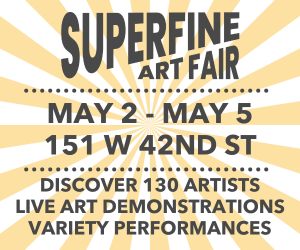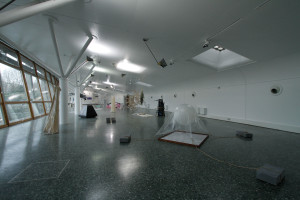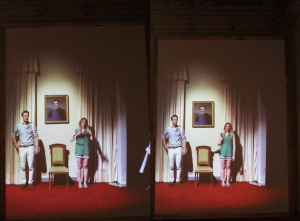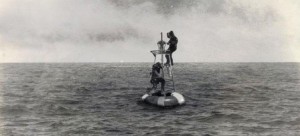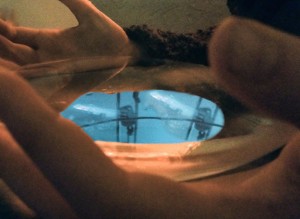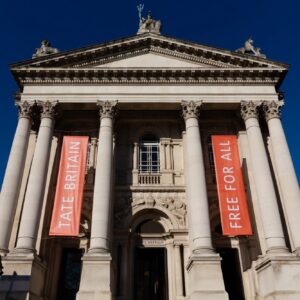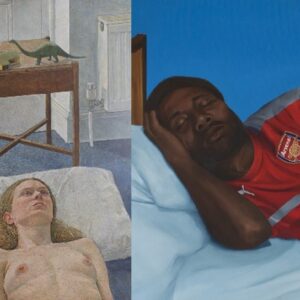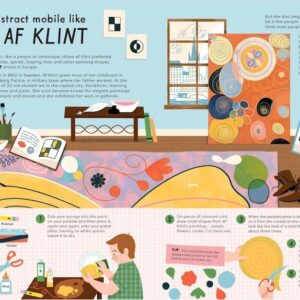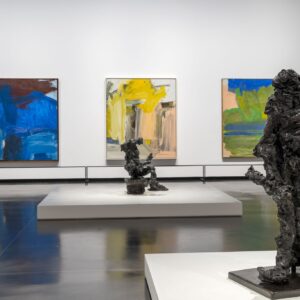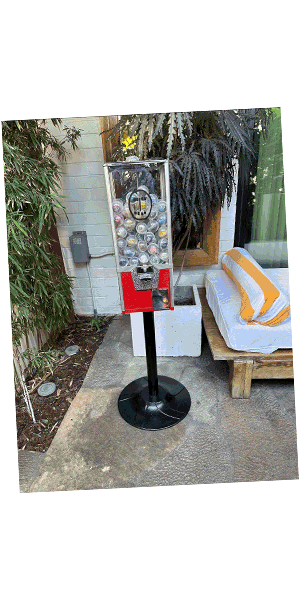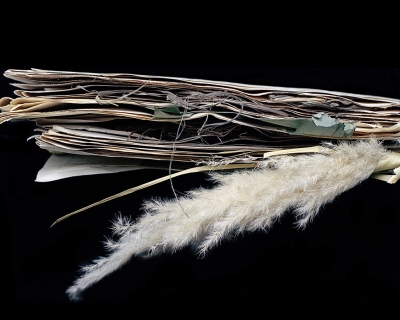
Liz Orton, Splitters and Lumpers, 2012 – Image courtesy of the Artist and GV Art gallery, London
26th July until 13th September 2013 GV Art, 49 Chiltern Street London W1U 6LY www.gvart.co.uk
Nature Reserves is Curated by Tom Jeffreys
Artists: Victoria Browne, Laura Culham, Amy Cutler, Charlie Franklin, Kate Genevieve, Sally Ann McIntyre, Theresa Moerman Ib, Laura O’Neill, Liz Orton, Hestia Peppe, Helen Pynor, Anais Tondeur and Pauline Woolley.
Nature Reserves is a new group exhibition curated by Tom Jeffreys. The exhibition seeks to examine human understandings of the natural environment, and features work across a rich range of media – photography, printing, sculpture, sound and projection – by 13 contemporary artists. In addition there are archival materials from a range of museums, universities and other institutions; an interactive neuro-animation experienced via video goggles; and an installation of a symbiotic colony of bacteria and yeast known as kombucha, from which visitors can take away samples to start their own culture at home.
Nature Reserves explores the way that our understanding of nature is influenced by different methods of constructing meaning – across literature, science and the arts – with specific reference to thinking around systems of archiving. Of particular interest is the two-way relationship between knowledge storage (classification, organisation etc) and knowledge creation, and the tangled effect this has on our changing conceptions of the natural world. Nature Reserves is also shot through with ideas around writing, printing and new digital technologies, as well as gender, legacy, death, domesticity and the problematic politics of collecting. In short, to borrow from the title of a work by Theresa Moerman Ib: what it means to leave an impression.
The thought processes behind the exhibition grew out of Splitters and Lumpers, a series of photographs by Liz Orton of as-yet unclassified plant specimens taken in the herbarium at Kew Gardens. Around this central point, extinct species are brought back to life in the sound work of Sally Ann McIntyre; Hestia Peppe explores the idea of memory in microorganisms; Amy Cutler splices twentieth century French ?poetry with dendrochronology samples; Helen Pynor documents the decay of a nineteenth century insect collection; and Kate Genevieve explores emerging neuroscientific understandings of sensing bodies in their environments.
Nature Reserves does not simply name the places where nature is reserved – fenced off from poachers, preserved in aspic, locked away in cabinets – but also operates as a statement. Nature, too, reserves: enacts a storage of information – in cells and seeds and sedimentary layers – that operates with reference to an uncertain future to come.
Nature Reserves is supplemented by a programme of events, including dinners, workshops, interactive engagement and a panel discussion about taxonomies.
Tom Jeffreys is an art critic, editor and curator. He is the Editor of the Journal of Wild Culture, an online magazine exploring the fertile intersection between nature and culture. Tom writes catalogue essays and exhibition publications for artists, galleries and fairs, and has written on a wide range of other topics for various international magazines, newspapers and websites. Tom has previously curated the critically acclaimed Et Cetera in 2012; won the 2009 Sunday Times / Saatchi Gallery award for arts reviewing; sat on panels at cultural conferences; and judged prizes for contemporary art.
GV Art is the UK’s leading contemporary art gallery which aims to explore and acknowledge the inter- relationship between art and science, and how the areas cross over and inform one another. The gallery curates exhibitions and events that stimulate a dialogue focused on how modern society interprets and understands the advances in both areas and how an overlap in the technological and the creative, the medical and the historical are paving the way for new aesthetic sensibilities to develop.
www.gvart.co.uk
